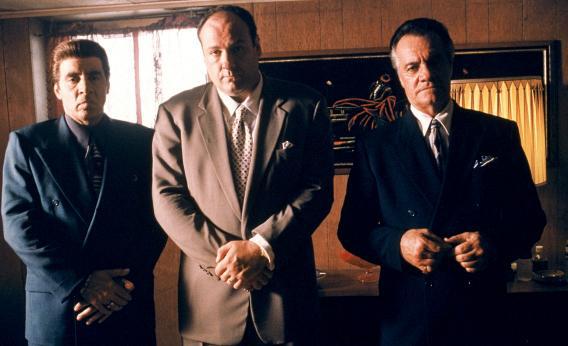Sen. Charles Grassley is no firebrand. This in spite of the furor over his “stupid” Tweet, his accusation that President Obama is “stupid” to publicly criticized the robed know-it-alls of the Supreme Court. Yes, “stupid” is an excellent description for that tweet, and Grassley has been apologizing ever since.
The best way to redeem stupidity is to act intelligently. Today, on the question of whether the Securities and Exchange Commission has been “tough enough” on the perpetrators of the 2008 financial disaster, Grassley gets it just right:
“The SEC’s weak settlements need scrutiny,” Grassley told the Wall Street Journal today. “The lack of accountability from Wall Street encourages recidivism.”
The Journal, which has a simple interactive of those charged, settled, and/or convicted of wrongdoing in the crisis, does a balanced job of explaining the ups and downs of SEC prosecutions since 2008. And it may always be the case, as the WSJ’s Jean Eaglesham points out, that the SEC is doomed to be outgunned and out maneuvered in such cases.
This cheers some on Wall Street, but this is a short-term attitude. Political realities in this country demand that reform be taken seriously—otherwise draconian actions that truly impair Wall Street’s vital role in the economy will follow.
Why is it, then, with all the fiduciary responsibility that post-Sarbanes-Oakley CEOs, CFOs, and board members are supposedly “burdened with,” to quote the Wall Street Journal’s editorial board, have the names of none of the titans of pre-implosion Wall Street appears in that interactive?
(The one arguable exception, former Countrywide CEO Angelo Mozillo, is merely the exception that proves the rule. He was fined a paltry sum given the damage caused, and most of it was ultimately ponied up by the saps who purchased his Ponzi scheme of a mortgage company, Bank of America).
And so I go back to something I’ve argued before: To get serious about this, the SEC needs to stop treating white-collar crime as something different than the crimes the rest of humanity commits. White glove—all gloves—need to come off, and RICO (Racketeer Influenced and Corrupt Organizations) statutes need to be applied.
Early in my career, as an Associated Press reporter, I covered some of the groundbreaking prosecutions of the U.S. mafia based on these statutes. These were long, difficult trials aimed at proving conspiracies against organizations with deeper pockets than the US attorneys’ offices pressing them. But in the trials I covered, RICO was the difference between an exit in cuffs and a swaggering, witness-intimidating march to freedom by those charged—the result all too many earlier cases against the mob had produced.
In the cases I covered in the old US District Courthouse in Newark, N.J., in the late 1980s, the power of RICO statutes took down two evil forces: the N.Y.-based Lucchese family and home-grown DeCavalcantes (the latter, btw, the model for the “Sopranos).”
This is the model the Justice Department should have adopted in bringing broad charges against those who led America’s leading investment banks and other financial institutions to the brink of collapse in 2008. Focusing on fraudulent claims about the performance of complex securitized financial products—products sold as AAA risks—should be possible, particularly
So far, this kind of zeal is decidedly missing. But pursuing such cases to their legal end, even if the prosecution somehow failed, would restore credibility to US regulators and ultimately have a much more profound effect on the financial sector. Instead, the government has sent a message that, yes, it may pursue conventional charges in egregious cases, but the option to pay a fine will remain.
Grassley’s got you there, Mr. President.
